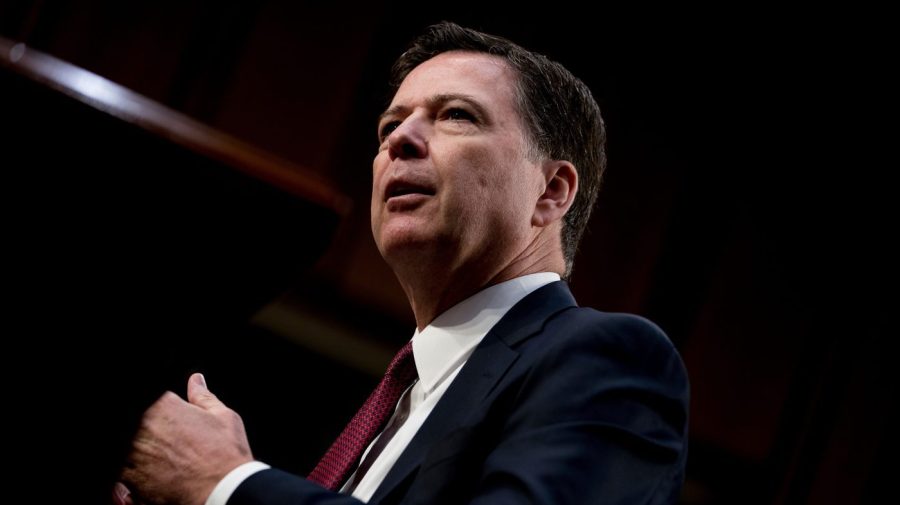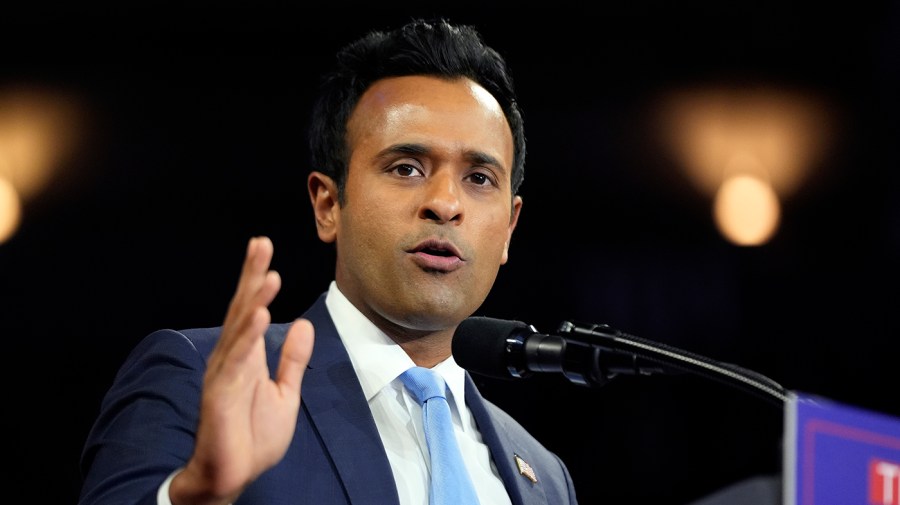Last month, the U.S. Supreme Court sat for a re-argument of what promises to be one of its most important cases in recent memory: Louisiana v. Callais.
As I often tell people, I am not a lawyer. But I am Ohio’s former secretary of state, a former U.S. ambassador to the United Nations Commission on Human Rights and co-chairman of the U.S. Census Monitoring Board. I currently provide counsel and leadership to numerous organizations on the issue of election integrity, both here in the U.S. and around the world. I’m also someone who over my seven decades on this earth, has seen how America has changed first-hand, from the frontlines of the civil rights movement.
That’s why I say the case of Louisiana v. Callais, which asks the court to decide whether race can continue to serve as a lawful proxy for political identity, is one of the most consequential constitutional questions of the modern day, with national implications that could affect congressional maps in almost every state.
At issue is Louisiana’s congressional map, which was redrawn after litigation to include a second majority-Black district, under the Voting Rights Act.
Advocates of the redistricting effort said the map protects minority voting rights. In reality, it transforms the Voting Rights Act into a tool for partisan gerrymandering, forcing states to engineer partisan districts under the guise of racial equity.
In this particular case, federal courts mandated the creation of a second majority-Black district in Louisiana following challenges under Section 2 of the Voting Rights Act. The Fourteenth and Fifteenth Amendments establish a constitutional commitment to racial neutrality, including in the electoral process. However, the Supreme Court’s equal protection precedent forbids the predominance of race in redistricting.
Under the Voting Rights Act, mapmakers have been tasked with the creation of majority-minority districts when certain racial and electoral conditions are met. The state of Louisiana has argued that this requirement effectively compelled their state legislature to draw districts that diluted Republican representation and guaranteed Democratic victories. The judicially imposed racial benchmarks thus serve as a legal justification for what would otherwise be impermissible partisan manipulation.
As many briefs have pointed out in this case, there is also a broader national pattern: Once race becomes the starting point for redistricting, it inevitably has partisan influence on electoral results, which converts the Voting Rights Act from a tool of protection into a mechanism of partisan entrenchment. The presumption becomes, in practice, that racial groups are politically cohesive, transforming race into a measurable, legally sanctioned tool for partisan gerrymandering. Although the Voting Rights Act was intended to protect minority voting rights, its application institutionalized the use of racial data as a stand-in for political affiliation, allowing mapmakers to achieve partisan results under the ruse of racial fairness.
Plainly stated, the creation of “minority opportunity districts” under the Voting Rights Act directly corresponds to the creation of Democratic-leaning districts. This practice violates the Equal Protection Clause by presuming uniform political behavior within racial groups, while simultaneously evading scrutiny by invoking the Voting Rights Act as a shield.
Legislatures and commissions thus manipulate racial data not to protect minority representation, but to secure predictable partisan outcomes. Traditional redistricting criteria — such as compactness, respect for communities of interest, and geographic coherence — are systematically subordinated to racial considerations.
Just because race influences political outcomes doesn’t mean that all people of one skin color should be grouped into a geographical region by the political strategists in charge of redistricting. Reducing people to racial voting blocs isn’t progress, it’s regression dressed up in moral language. When politicians treat my skin color as a political forecast, they deny the very individuality the civil rights movement fought to affirm.
We fought to be seen as individuals, not statistics. Now too many leaders are trying to divide us back into the boxes our grandparents broke out of. Turning race into a political brand strips it of humanity. My identity isn’t a ballot prediction; it’s the story of a life, not a line on a spreadsheet.Justice isn’t about engineering sameness; it’s about guaranteeing fairness and freedom so each of us can rise as far as our effort allows. The promise of the civil rights era was that every citizen would be treated as an individual. That promise is betrayed when race becomes a shortcut for partisanship.
I urge the Supreme Court to restore that promise by rejecting the use of race as a proxy for politics. Equal protection must mean what it says: that every voter, Black or white, Republican or Democrat, stands equal before the law.
You cannot fix injustice by replacing one kind of discrimination with another. Fairness that depends on race isn’t fairness at all. The court should make clear that the Voting Rights Act protects individuals, not parties — and that the Constitution’s color-blind guarantee remains the cornerstone of American democracy.
Ken Blackwell is the chair of Election Integrity at the America First Policy Institute. He is also former Ohio secretary of state, a former U.S. ambassador to the United Nations Commission on Human Rights, and co-chairman of the U.S. Census Monitoring Board.














